Coronavirus to reshape the Liberal Party
Younger people may be drawn to more radical solutions as inequality increases.
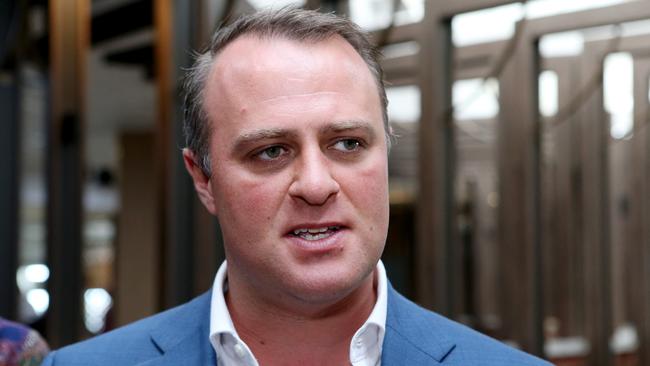
If the Berejiklian government refrains from draconian measures, the practical consequences of being governed by a party with a philosophical outlook revolving around freedom of the individual would be abundantly clear.
Looking around the world doesn’t inspire much confidence the response north of the Murray River would be much different, though. The Conservative government in Britain crushed civil liberties more readily than the centre-left administration in Sweden, for instance.
Even if NSW is spared a curfew and second lockdown, the damage the virus has done to the philosophy of centre-right political parties everywhere is crippling. Having increased public debt by more than any other government in peacetime, the Coalition won’t be able to spruik the importance of keeping debt and deficits low any more.
The primacy of freedom rings hollow when Australians aren’t allowed to leave the country, even if they are willing to pay the costs and quarantine on their return. Millions of Australians have had a taste of being paid more to do less, courtesy of the shrinking share of the population that does anything productive. And it’s small business, the traditional constituency of the Liberal Party, that has borne the brunt of the economic collapse induced in large part by government restrictions and panic.
The economic and social dislocation created by the pandemic are ripe conditions for a significant increase, perhaps lasting, in the reach of government. Warring governments mandated passports in World War I; we still have them.
In his new book, The New Social Contract, Liberal MP Tim Wilson thinks about how his party should adapt. He fears young people, “finding it harder to realise very basic life ambitions for job, family and home through what is perceived as a liberal economic order”, will start looking for “radical alternatives” unless the party does more to help them to buy a home. “The less people have an interest in the status quo, the less they will be interested in conserving it,” he says.
The only age group that has experienced a rise in homeownership in the past 30 years is the over-65s, and then only in the top quintile of the income distribution, Wilson says. By 2040 only half of Australians aged 25 to 55 will own their home.
“Compelling people to save (in superannuation) for up to fifty years into the future while they can’t afford homeownership today is patently absurd,” Wilson writes. “There is a lack of intergenerational justice when those who have had the opportunity to hold (and do hold) the wealth of a nation are paying lower tax rates while having the most redistributed to them by the taxpayer.”
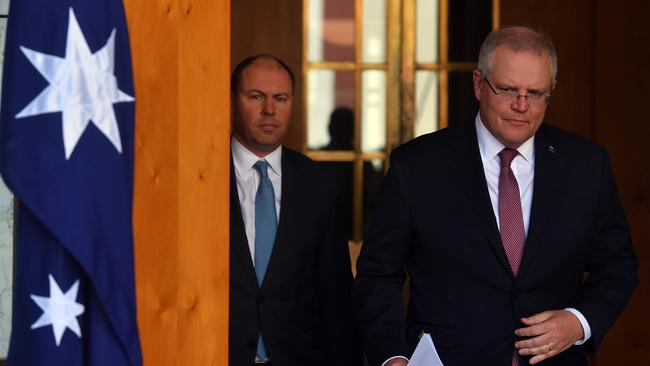
He stops short of advocating ending compulsory super or suggesting an alternative tax system that stops over-60s from tapping out of paying tax while workers pay marginal rates up to 47 per cent on their wages. But his thinking is clear. If younger people who have endured lockdowns for a virus that poses them little threat were frustrated before COVID, they soon will be even more so.
“That sacrifice is real in their education, their incomes and their career progression,” Wilson says. “In the coming years, we shall all need to confront the economic cost of a health crisis that will disproportionately burden the next generation.”
Inequality within their generation will increase as their parents’ wealth looms larger as a determinant of their children’s opportunities.
As Henry Ergas and Jonathan Pincus wrote here on Monday, we’re borrowing from a future that is poorer as a result of the pandemic and quite probably our reaction to it. The economy is in suspended animation, propped up mainly by JobKeeper, and the deluge from superannuation withdrawals, which for the bottom half of the income distribution has increased their income compared with last year.
When the stimulus tide goes out next year, many thousands of jobs will evaporate. McKinsey estimates that more than 330,000 jobs in the retail and construction sectors, which tend to employ younger workers, will disappear by March. The Institute of Public Affairs on Monday estimated that 230,000 small businesses, about 10 per cent of the total, would shut when support was switched off, based on Australian Bureau of Statistics surveys.
Wilson’s desire to make the tax system fairer for young people, however laudable, won’t fix the damage to the Liberal Party’s philosophy caused by the pandemic. And it might not even win them elections, given young people tend to vote left, and the Liberal Party’s strongest supporters tend to be over 60.
The fading of liberal philosophy, centred on limited government and individuals’ rights, should be a cause for alarm. Without such ideas democracies can become stupid and vicious. Incredibly, serious people are debating whether a COVID vaccine should be made compulsory.
Economists Joseph Schumpeter and Karl Marx before him forecast that free-market societies ultimately would give way to state-managed socialism. The pandemic has give such predictions a shot in the arm.



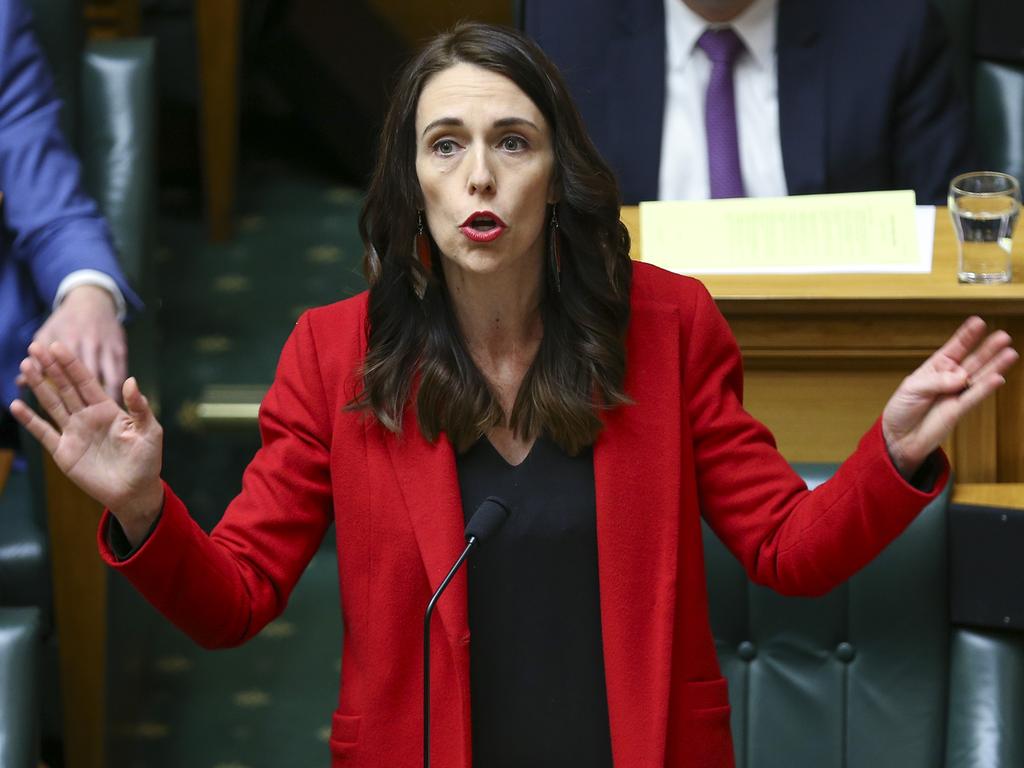
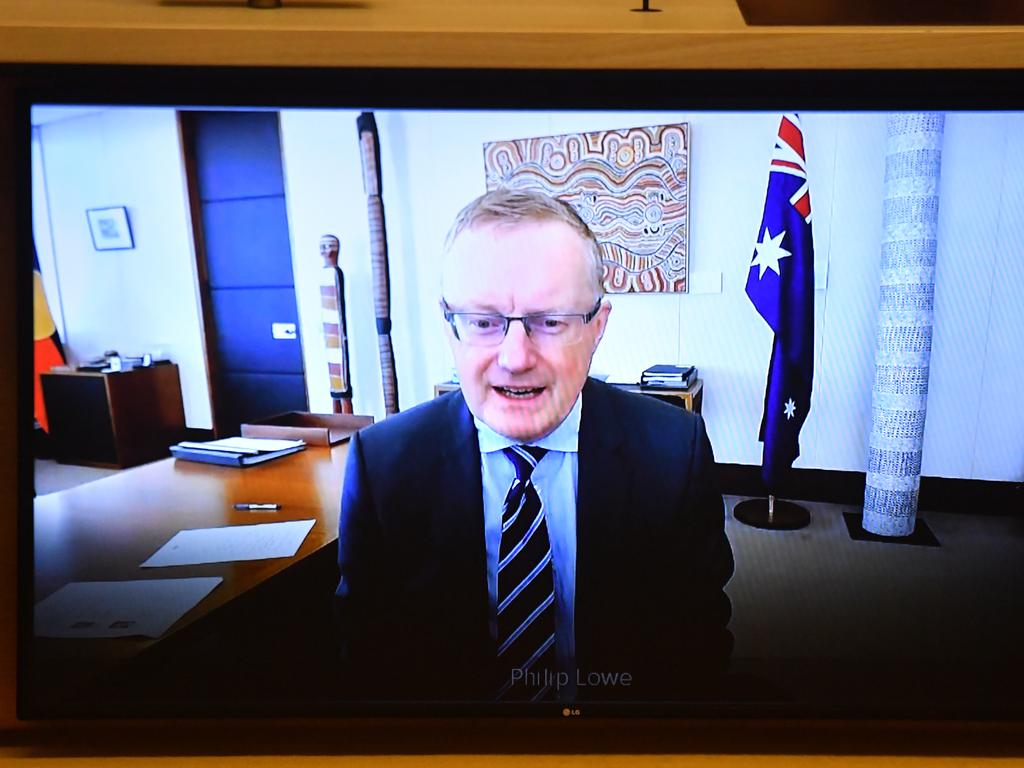
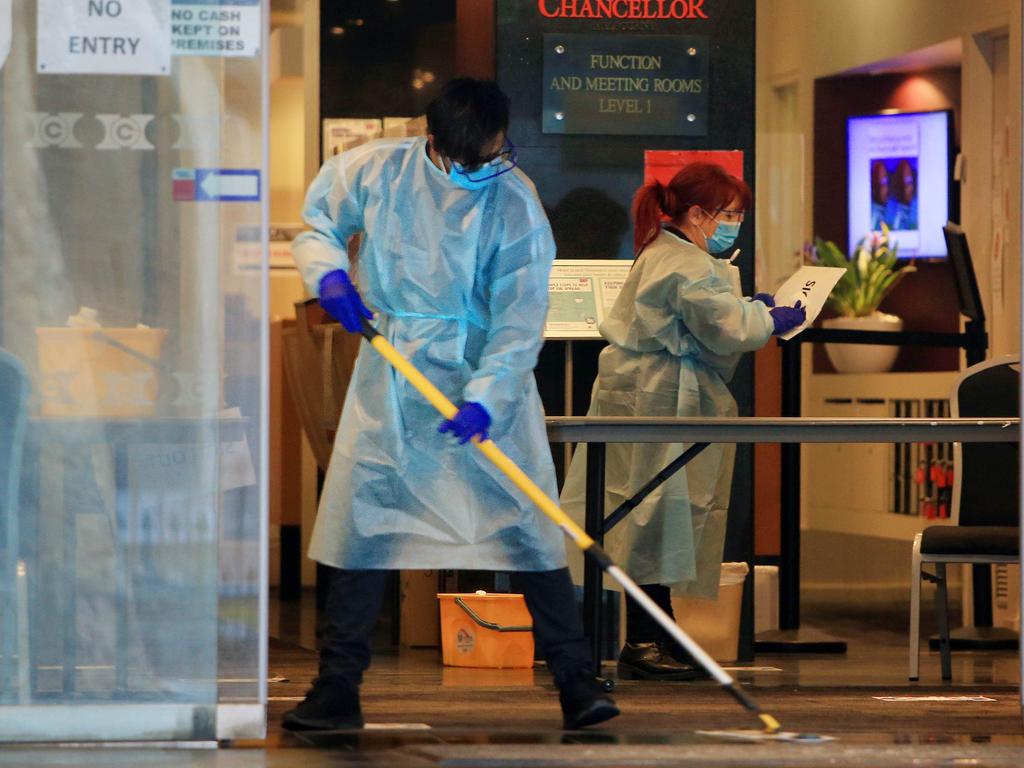


Would a Liberal government impose a curfew along the lines of Daniel Andrews’s Labor government in Victoria? If the coronavirus spreads further in NSW, we’ll find out. The critique that the parties are the Tweedledee and Tweedledum of politics, especially in government, may prove unfair, at least in a crisis.